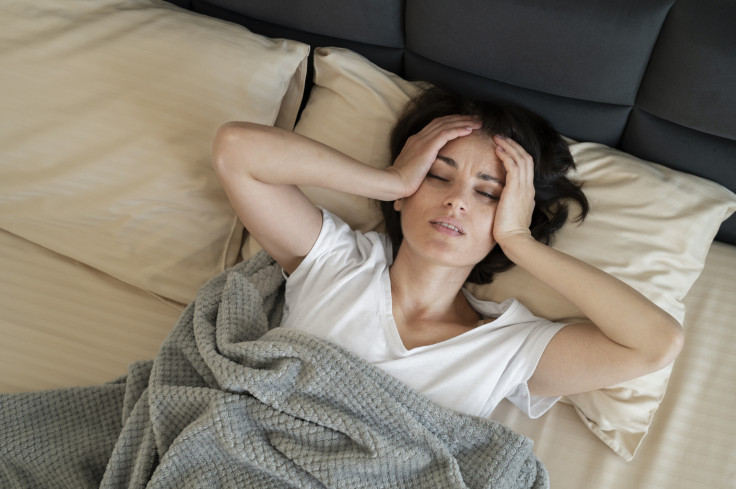
Regular physical activity helps you with overall health. Researchers have now found that consistently exercising 2–3 times a week could cut the risk of insomnia and help achieve the recommended 6 to 9 hours of daily sleep.
While the connection between exercise and improved sleep quality is well known, the specific contributions of gender, age, weight (BMI), overall fitness, general health, and exercise type to this association were not known.
To delve deeper into this relationship, the researchers of the latest study evaluated the frequency, duration, and intensity of weekly physical activity, as well as symptoms of insomnia, nightly sleep duration, and daytime sleepiness among a group of middle-aged adults from 21 centers across nine European countries.
The researchers evaluated the responses of 4,399 participants who were part of the European Community Respiratory Health Surveys. The participants responded to a questionnaire on the frequency and duration of physical activity at baseline (1998-2002) and on physical activity, insomnia symptoms, sleep duration, and daytime sleepiness 10 years later (2011-14).
The participants who exercised at least two or more times a week, for 1 hour/week or more, were considered to be physically active.
During the study period, 37% of participants were persistently inactive, and 25% were persistently active, while 18% became physically active, and 20% became inactive. The participants from Norway were most likely to be persistently active, while those from Spain and Estonia, were most likely to be persistently inactive.
The study also noted certain factors linked to persistently active participants. They were more likely to be male, younger in age, had slightly lower body weights, were smokers, and were currently employed.
"After adjusting for age, sex, weight (BMI), smoking history, and study center those who were persistently active were significantly (42%) less likely to find it difficult to fall asleep, 22% less likely to have any symptoms of insomnia, and 40% less likely to report 2 or 3 (37% less likely) insomnia symptoms," the researchers wrote.
Factors such as age, female gender, and weight were independently associated with insomnia symptoms. After taking into account factors such as age, gender, weight, smoking history, and study center, individuals who remained consistently active were more likely to be categorized as normal sleepers compared to those who remained consistently inactive.
"The persistently active were significantly (55%) more likely to be normal sleepers and significantly less likely (29%) to be short (6 hours or less), and 52% less likely to be long, sleepers (9 hours or more). And those who became active were 21% more likely to be normal sleepers than those who were persistently inactive," the researchers added.
The study not only underscores the significance of exercise for sleep but also highlights the importance of maintaining consistency in physical activity over time. The results show that the association between exercise and improved sleep was no longer present among participants who were initially active but later became inactive.







